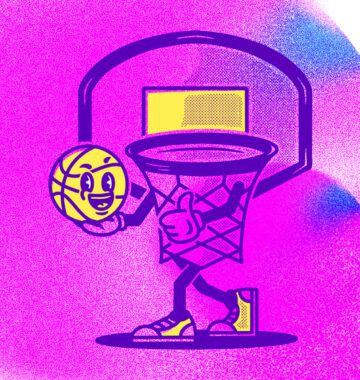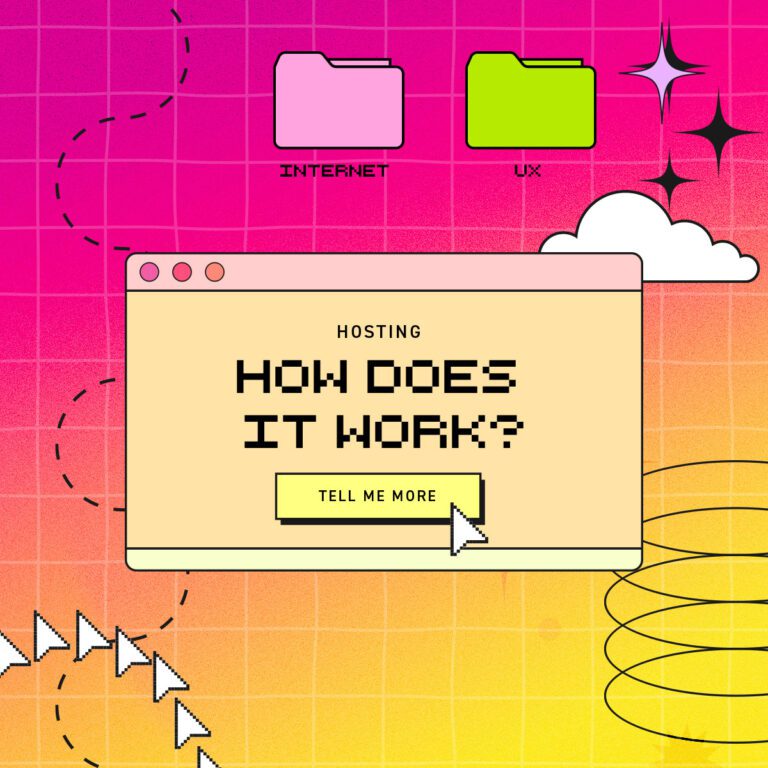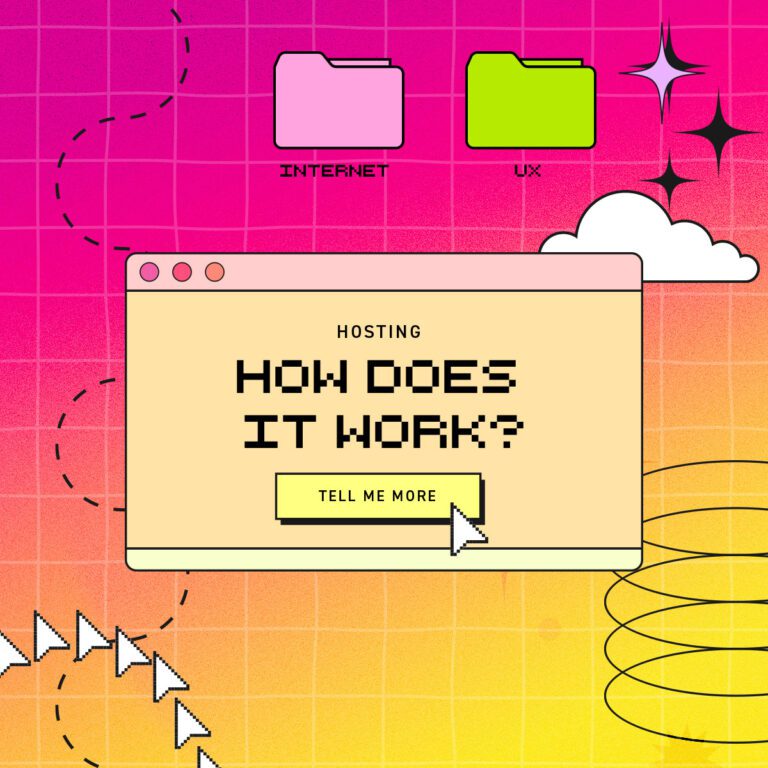There’s a new version of PHP in town. Are you ready to upgrade your WordPress website?
PHP 8.2 comes with significant benefits to site performance and health, specifically when it comes to speed and security. These factors directly impact the user experience and SEO, so that’s one great reason for website owners to upgrade.
The other is that support for older versions of PHP has ended – and running a supported version will soon become mandatory for your website’s hosting.
In this article we’ll explain what PHP is (in plain language), how it impacts your website, and why you should get in touch with your WordPress developer ASAP to schedule your upgrade.
Post Contents
What the heck is PHP?
You can find news about the PHP 8.2 release on the PHP site, and plenty of articles that dive into the latest version’s new features and depreciations. But if you’re not a web developer, there’s a good chance it all reads like Klingon.
Here’s what you need to know:
- PHP is a programming language in your website’s code, like HTML and CSS
- HTML and CSS are client-side languages that, in simple terms, govern how a page looks and acts in the user’s browser
- PHP is a server-side language that handles which content is served in response to requests, including interactions and customizations (like form submissions, saved details like location preferences or addresses, and more)
- All WordPress websites are built on PHP
- When a person clicks a link to your site from anywhere on the internet, the request is sent to your web host via PHP, executed by PHP, and then PHP sends an HTML result back to the user’s browser
- Your site’s version of PHP needs to be able to talk to your web host’s version of PHP, or things will go wrong – and all major web hosts are upgrading to PHP 8.2 this year or have already done so
What will PHP 8.2 do for my site?
Everything on your website needs to be updated regularly to keep running smoothly. You can have the most amazing, high-quality website built by brilliant web developers (like us!), and you still have to keep it updated so it can remain amazing and high-quality.
Sometimes upgrades give you new features and capabilities, other times they address bugs or even security vulnerabilities. The urgency of an upgrade is usually dictated by performance problems, security threats, or support expiring.
The PHP upgrade is about all three: there are new features, older versions are now vulnerable to bugs and threats, and support for older versions no longer exists.
- PHP 8.2 reduces overall code, making your pages load faster (happy users!)
- It’s built to be completely compatible with the newest versions of WordPress
- It has enhanced security around known threats
- It’s the oldest version that PHP’s team will continue to update and improve
- Sites using depreciated features from old versions can serve broken pages to users (or the entire site can be broken)
Do I have to upgrade to PHP 8.2?
Let’s dig further into what can happen if you don’t upgrade to PHP 8.2, because you definitely need to know about this sooner than later.
Versions of PHP are supported for two years after their release, followed by one year of critical-only fixes, and then support is over. ‘Support’ means that the PHP developer team is regularly releasing fixes for known bugs and issues, available to everyone using that version. No support means the old version keeps working until it suddenly doesn’t, while simultaneously becoming vulnerable to cyber threats.
So technically you can leave your version of PHP as-is. But that’s like skipping maintenance on a car that’s already overdue. At some point soon it’s going to break down and cost you a lot of money.
Why am I just hearing about this now?
PHP 8.2 was released in December 2022, so it’s not late-breaking news. The reason for the push to upgrade to 8.2 is because of web hosting.
Web hosting is what takes your content from a collection of scripts in various coding languages and publishes it on the internet. All of the major web hosting companies are only now upgrading their servers to PHP 8.2 because it’s been around long enough to have officially moved from beta to stable.
And as they each upgrade on their end, it becomes mandatory for all of their customers to also upgrade so that your site continues to speak the same language as your server.
The big hosts like GoDaddy and WP Engine are currently offering extended support to their customers who are on versions 8.0 and 7.4, but this won’t last long. It’s expected that soon website owners will start getting emails with a 90-day warning to upgrade to PHP 8.2.
Can I install PHP 8.2 myself?
A new version of PHP can sometimes have even more impact on your site than a new version of WordPress itself. We strongly recommend against updating PHP without the help of a web developer.
For starters, you may not be able to complete most of the tasks required to upgrade without at least basic development skills. But there’s so much more involved that requires specialized skill to make sure nothing gets irreparably broken.
A developer will check to make sure that your version of WordPress and the versions of all of your plugins are compatible with PHP 8.2. If they aren’t, simply upgrading would likely result in broken pages, broken content, malfunctioning plugins, weakened security, or your entire site having a critical error.
And the older your site is, the more likely it has had multiple patches performed over the years. All of those patches result in an intricate set of code with many moving pieces that also have to be updated when anything major is changed.
A developer will do all of that. You’ll also benefit from backups before the upgrade, and testing before and after, so that you don’t experience any downtime or lost data.
With the urgency created by web hosts moving to PHP 8.2, you can expect that your web developer will be flooded with requests for PHP upgrades. That’s why we recommend reaching out to them as soon as you can, so you’ll be ahead of the game – and your website will continue to perform well for your users.










